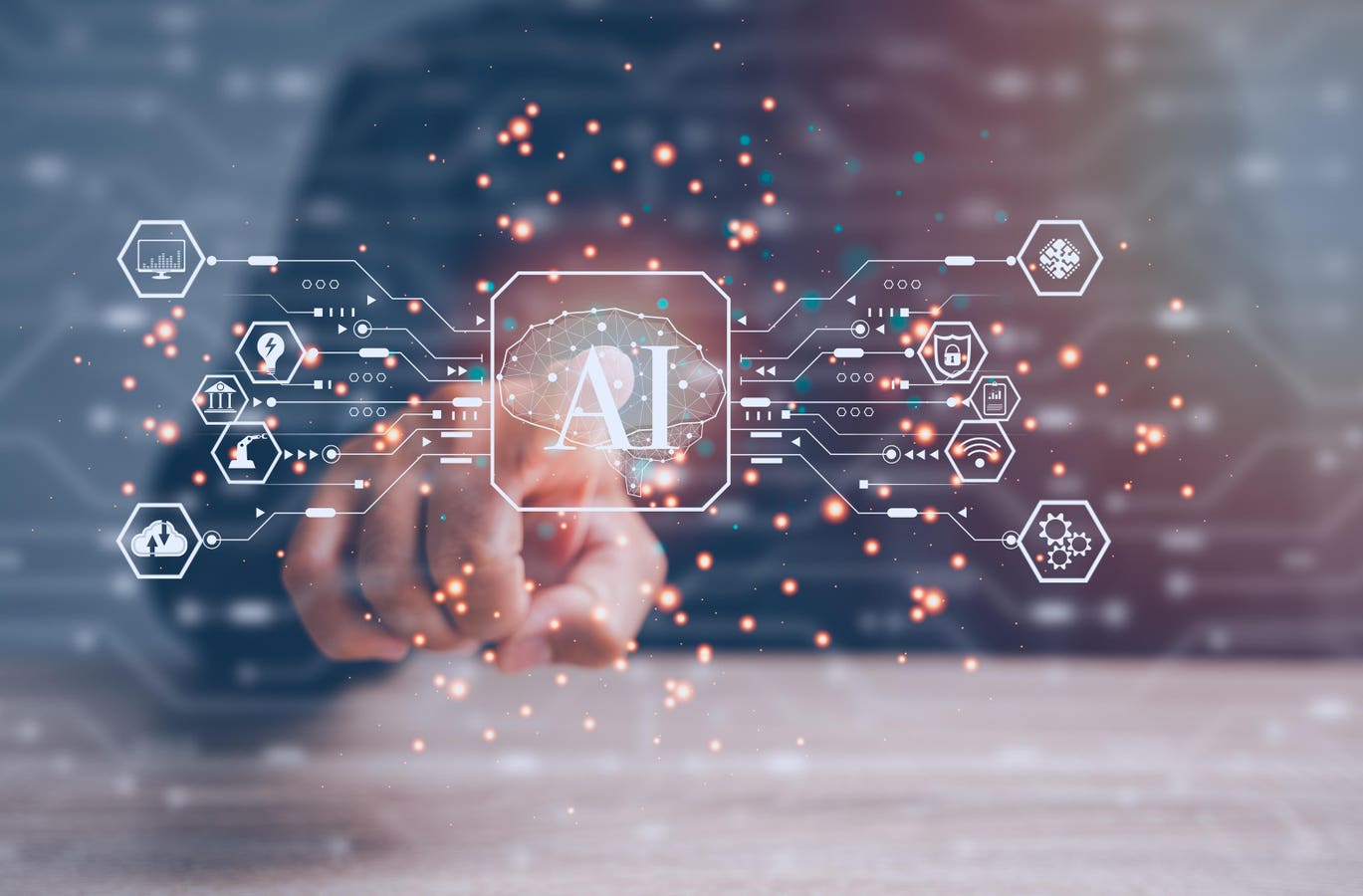Rob Green is chief digital officer of Insight Enterprises, a Fortune 500 Solutions Integrator.
My first coding job in the late 1980s was focused on developing a solution to accelerate medical students’ training. It was an expert system programmed in the leading-edge AI language of the day—LISP. As the name implies, LISP was a list-based language that promised to unlock the potential of artificial intelligence (AI) just as distributed computing was gaining traction.
While LISP didn’t endure as a mainstream coding language, AI is certainly now more relevant than ever. With the massive investments in AI-specific compute capabilities and capacity, along with advancements in inference and reasoning, delivering impactful outcomes to some of our most confounding challenges now seems within reach.
Just recently, Apple announced it’s going to invest $500 billion in AI infrastructure, and other hyperscalers are following suit with their own massive investments. Over the next several years, I believe we’ll see trillions of dollars committed to AI infrastructure, development and solutions.
We’ve got to expect to see significant returns on these investments, including data centers, delivering capabilities that have the potential to truly change the world—which was the exact subject of an AI panel discussion I led at Amplify, our annual partner conference at Insight in late February.
A few things we discussed really stood out, like how the ROI on all the AI projects you’re hearing about is due to materialize soon. What’s happening in AI over the next 24 months is about keeping promises. Every executive at every company has made a promise to their respective bosses and said, “We’re going to do something great with AI.”
The good news is that getting AI to work for you is not going to take moving heaven and Earth. A good solutions integrator will first listen to its clients and determine which AI use cases, of the hundreds that are floated around, address their needs (and then take the steps to deploy it).
Here are the five essential use cases we identified that will really move the needle for companies.
1. Enhance interactions between sales and support people and your customers.
Everyone is working on this problem, and companies must take advantage of AI in this capacity to keep pace with competitors. It also goes beyond the obvious chatbots you can find on retail websites. Think more along the lines of improving direct communication between the company and the customer. AI can help boost productivity and, in turn, sales in these ways:
• Generative AI to draft emails and proposals as well as help update client data
• Agentic AI that serves as a coach to help salespeople with their pitches
2. Improve your software offerings.
Every single company that sells software is looking to get their software development team to build in AI features like:
• Automation of repetitive tasks
• End user personalization
• Virtual assistance
• Data analysis
3. Use AI to help develop the software.
A Nielsen Norman Group study found that AI improves employee productivity by 66%, but programmers specifically can work on 126% more projects per week. Every development team uses a keyboard to type entries into an integrated development environment (IDE), when AI can do that instead. Code generation is just one way AI is used in software development, via autocompletion, to suggest code or code synthesis to create code based on a provided description.
4. ‘Search and synthesize’ is something all AI platforms have for a reason.
Every employee is trying to synthesize and understand the deluge of information now being generated by AI. You have to give them the tools to do it, and next-generation AI PCs are essential infrastructure required to helping your workforce keep up.
5. Increase your security posture.
All these use cases, as incredible as they are, present security risks. However, AI can significantly help here by:
• Identifying anomalous behavior
• Freezing the corresponding account
• Quarantining the workstation
• Notifying whoever’s on call because there’s undeniably still a huge role for humans to play here
The idea is that AI is not going to replace humans, but people who use AI will replace those who don’t. It also holds true for companies. It’s your job to leverage AI. If not, you’re going to be supplanted by competitors in the same industry or vertical that uncovers better ways to serve their customers.
There’s also the idea that AI will create new jobs, like the proliferation of personal computers did back in those early days of LISP. Those who excel at creating prompts that GenAI can use are going to get employed. An emerging field with autonomous AI agents is going to be people who can design agentic architectures, and there are different types out there.
These tools are becoming more and more effective. What isn’t effective for most companies is figuring this out on their own. They need guidance from experts who are not only solving and building it day in, day out, but also who understand how to scale it across an entire organization. If the recent rapid emergence of AI has taught us one thing, it’s that everyone can use a little help.
Forbes Technology Council is an invitation-only community for world-class CIOs, CTOs and technology executives. Do I qualify?








